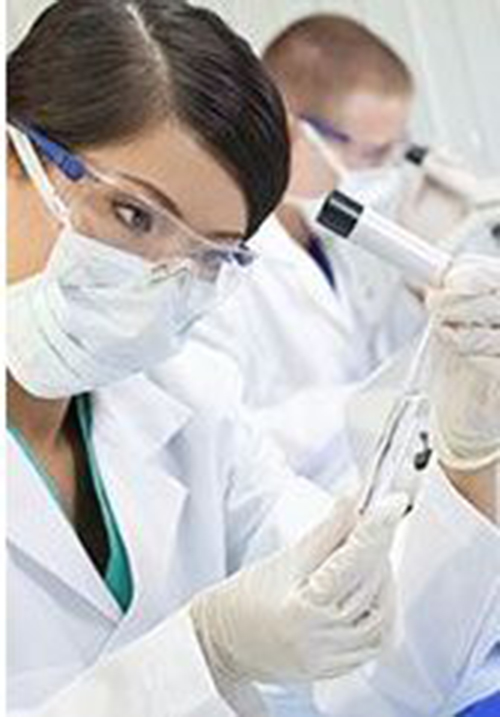
(Credit: NSF International)
NSF International, a public health and safety organization, is now offering QMS Lead Auditor Training based on both ISO 13485:2016 and international Medical Device Single Audit Plan (MDSAP) requirements.
The five-day training program is the a MDSAP- and ISO-compliant medical device auditing course certified by the Chartered Quality Institute (CQI)/International Register of Certificated Auditors (IRCA).
Trainers include a former regulator who helped develop the international MDSAP and medical device industry leaders with more than 20 years of industry and regulatory experience.
“Medical device auditing requires technical knowledge as well as a deep understanding of international medical device regulations,” says Heather Howell, Executive Vice President of Medical Device Training at NSF International. “Students engaged in this course will gain knowledge and skills that took experienced auditors decades to gather.”
Developed and led by instructors with experience at the British Standards Institute and U.S. Food and Drug Administration (FDA), NSF International’s Lead Auditor Training course will teach students to plan, conduct, report and follow up on QMS audits in accordance with MDSAP as well as ISO 19011 and ISO 13485:2016.
“Given the medical device industry’s global supply chains and multinational organizations, a comprehensive training program like this is incredibly valuable,” Howell says. “The course provides extensive practical training and hand-on exercises, which will help prepare medical device auditors to identify critical nonconformities and meet international regulatory requirements.”
The course is designed for medical device professionals with responsibility for conducting or implementing internal audits, supplier audits, corporate audits, or third-party audits. Quality directors, regulatory managers and professionals responsible for managing internal, corporate, supply chain or registration audit programs may also benefit from the program.
“The course was hard work – really intense, but really rewarding,” says Charmaine Scott-Hibbert, a regulatory affairs specialist with a UK-based medical device manufacturer. “I really feel comfortable with ISO 13485 now. Getting to know the standard was very helpful for me. I feel confident that I can go and conduct any audit now.”
NSF International’s CQI/IRCA-certified QMS Lead Auditor Training will be offered in the United States and the United Kingdom in 2017. The next available courses will be held in:
- Manchester, England, UK – June 12-16, 2017
- Irvine, California, USA – June 26-30, 2017
- Reston, Virginia, USA – July 17-21, 2017
NSF International also offers the training as a private course available at client locations around the world.
Students participating in the training program will learn from experienced instructors, including auditors with experience in medical device quality management and a former regulator who helped develop the international MDSAP. Featured instructors scheduled for the 2017 courses include:
- James Pink, MCQI, CQP, Vice President, Education, Medical Devices, NSF International — James Pink has more than 20 years of experience in the medical device industry, including auditing medical device manufacturers worldwide for the British Standards Institute. He has provided training and education globally on medical device technologies, quality science and auditing for more than 15 years.
- Kim Trautman, M.S., Executive Vice President, Medical Devices, NSF International — Kim Trautman has more than 30 years of experience in medical device quality systems and international regulatory affairs. Her experience includes leading international initiatives for the U.S. Food and Drug Administration (FDA), specifically development of the international MDSAP.
- Brian Ludovico, Executive Director, MDSAP Regulatory Certification, NSF International — Brian Ludovico has more than 20 years of experience in medical quality systems and certification requirements. Before joining NSF International, he worked with the certification body TUV Rheinland of North America Group, where he was responsible for the Canadian Medical Devices Conformity Assessment System (CMDCAS) and the international MDSAP.


